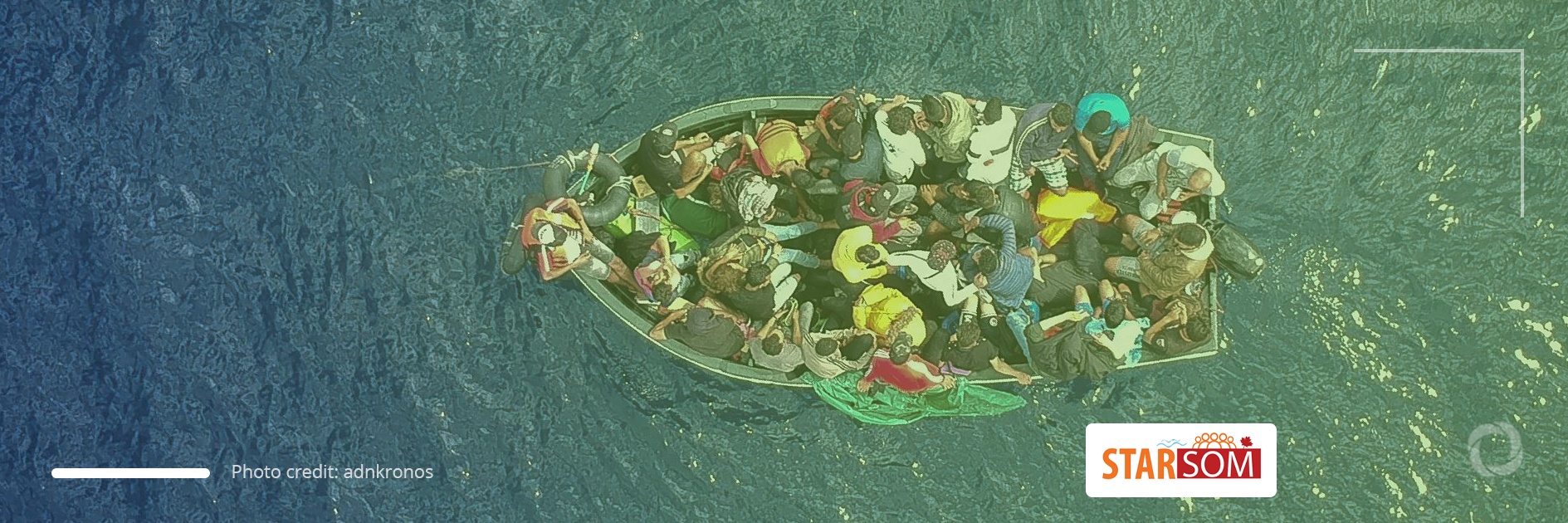The United Nations Office on Drugs and Crime (UNODC) together with the Canadian government has launched the STARSOM initiative that aims to combat organized crime groups that smuggle migrants into North America. Although there are no global statistics regarding the number of smuggled migrants, the phenomenon seems to be expanding with the ‘migrant smuggling business’ becoming increasingly profitable.
Project overview
Launched at the beginning of November, STARSOM will last from 2021 to 2023. The project not only aims to combat the smuggling of migrants but also to protect their lives and ensure their rights are respected along the smuggling routes that lead to North America. The project will focus on popular smuggling trails, starting in Asia and passing through the Gulf States, West Africa, Latin America, and the Caribbean into the United States and Canada.
Challenges
Migrant smuggling is a global crime that brings much profit for the perpetrators. Demand is high as more and more people seek to migrate due to wars, economic crisis, or natural disasters provoked by climate changes.
“Migrant smuggling is a global and profitable crime with a high demand and a low risk of detection for the criminals involved,” says Panagiotis Papadimitriou, the leader of UNODC’s Technical Cooperation Team, which coordinates the STARSOM initiative.
As he added, migrant smuggling often goes undetected as the way criminal groups organize their operations is unknown by those states affected, and furthermore, they do not cooperate with each other.
“Many border control and immigration officials, police, prosecutors and judges are poorly trained and equipped to effectively investigate and prosecute transregional migrant smuggling,” he said.
James K. Hill, Canada’s Ambassador to Costa Rica, Honduras, and Nicaragua, noted that “with migrant smuggling, we need to shift the focus from the migrants themselves to the people who are organizing their illegal movement. We should not criminalise the migrants but rather, seek to ways to respect, protect and fulfill the human rights of migrants who are in precarious situations.”
The extent of migrant smuggling
It is difficult to estimate how many migrants are smuggled every year as many countries neither collect nor publish this data and such practices are not always detected by states. However, many countries report that the number of people who are smuggled is increasing. According to research (Laczko, F. in Ferrier and Kaminsky) from 2017, the business of smuggling migrants was worth about US$10 billion a year. People who are smuggled very often travel for a long time and their journey is exhausting. They entrust their lives and money to smugglers but the journey is not always safe leading to thousands of migrants dying every year.

